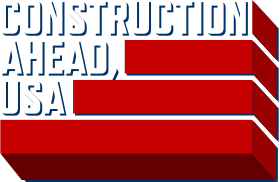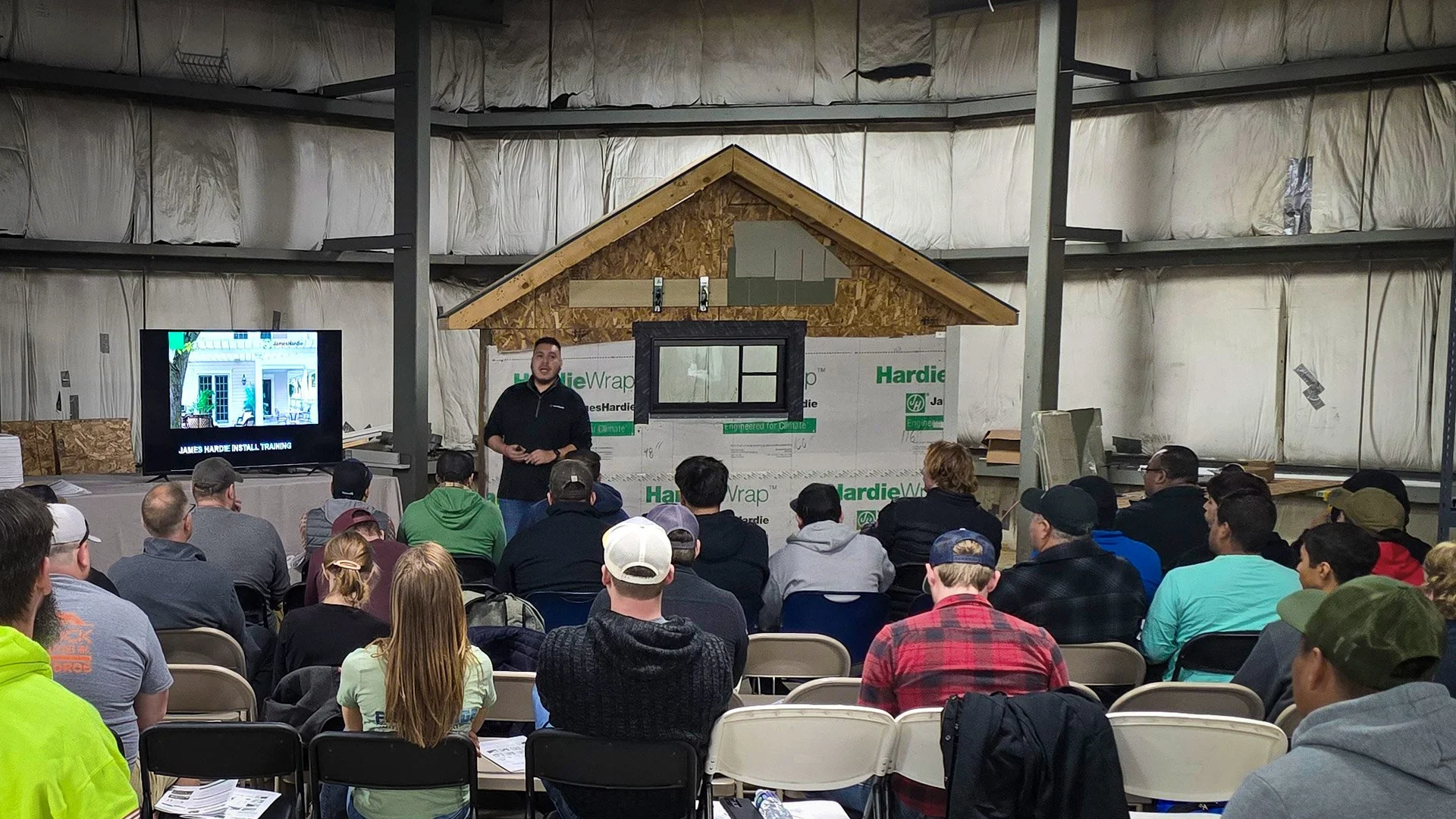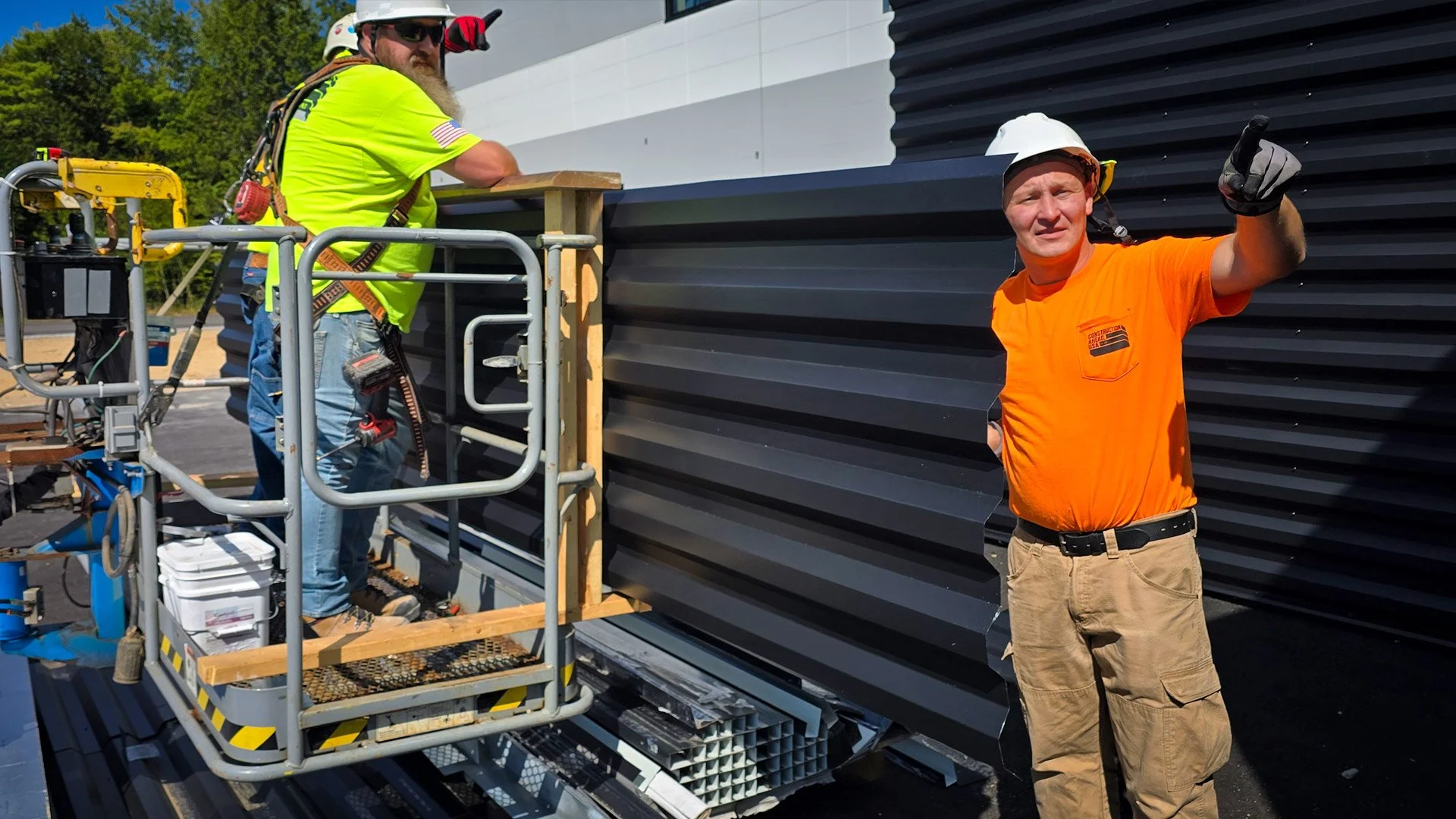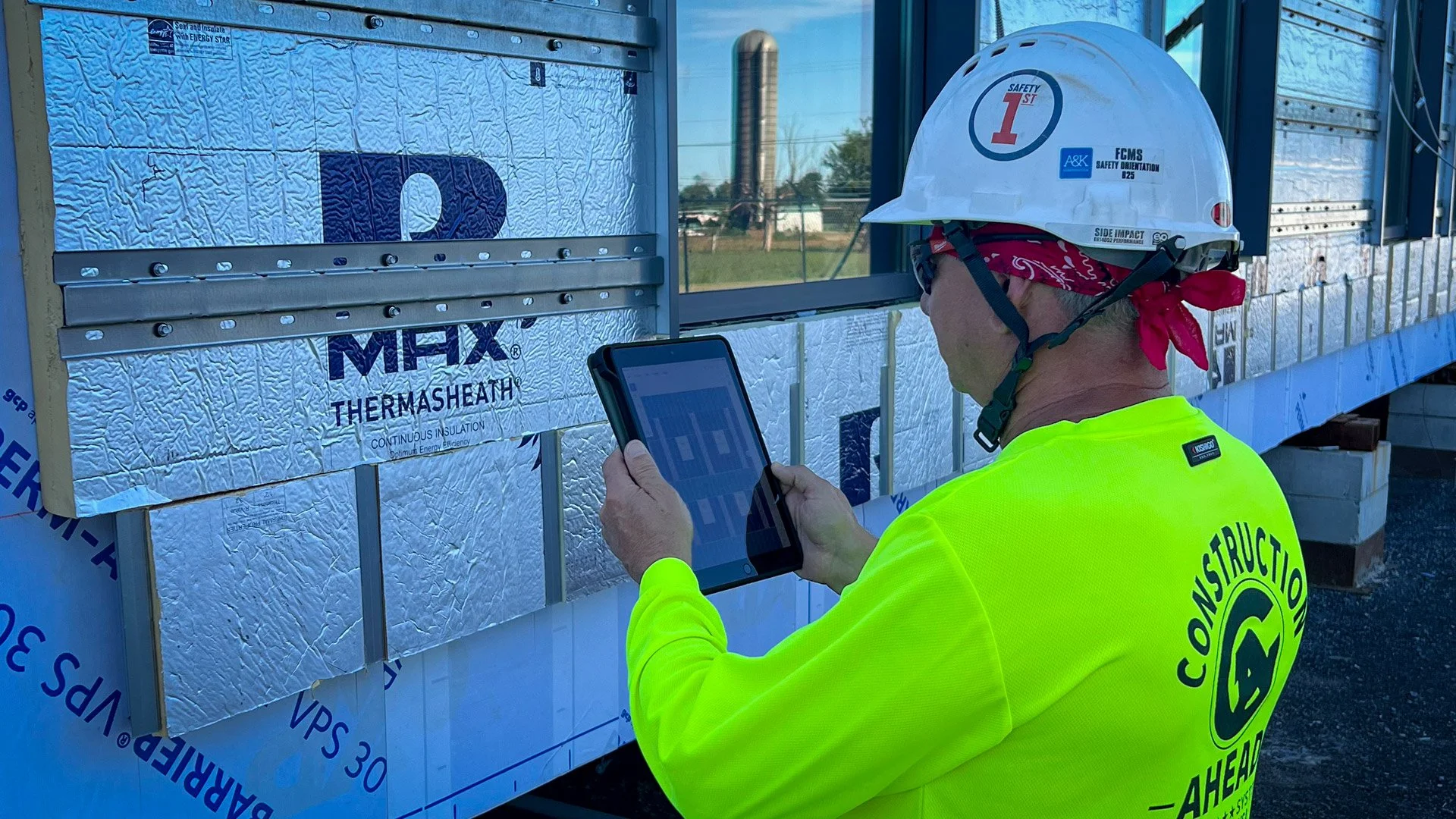“DO AS I SAY? OR DO AS I’VE DONE?”
Journal Entry – After a Week of Good Podcasts and Honest Reflection
Lately, I’ve been hearing a lot of talk about the trades, mostly from people who aren’t in them.
“Skip college. Learn a trade.”
It’s well-intentioned, sure. But what catches my ear is who’s saying it.
Most of them went to college. THEM.
You know the type sitting in climate-controlled offices, sketching flowcharts about “reconnecting America with the trades,” while handing out sage advice about grit, sweat, and getting back to basics.
Nothing wrong with the message but it’s hard to miss the irony when it’s coming from people who’ve never spent a day on a muddy job site or caught frost on their gloves at six in the morning.
Last week, I was at my dentist’s office. She’s a professional, college-educated, skilled with her hands.
Dentistry is technically a trade too, just one that happens in a clean room with bright lights instead of on a scaffold in the wind.
So I asked if her kids were thinking about going into the trades. She smiled and said, “Oh no, they’re going into marketing and business. They don't know what they want to do.”
And these kids are going to college out of state, with no discounts for their schooling.
That landed harder than I expected.
Here’s a person who’s built a precise, hands-on, technical career, yet her own kids wouldn’t follow that same kind of path, let alone one where you get muddy, sore, and sweat for a living.
That’s where the irony lives.
We say we value hard work, but when it comes to our own families, we steer them toward desks instead of dirt. Not because we look down on the trades, but because we’ve forgotten how to value them.
And that got me thinking: if even we can’t explain why the trades matter, how do we expect the next generation to believe it?
What Both Paths Really Offer
College still matters if what you study leads somewhere real.
It can sharpen how you think, write, and communicate. It can open doors that might otherwise stay closed.
But the trades matter too, maybe more now than ever, because they build the world everyone else relies on.
They build things that last. You can stand under them, drive across them, live inside them.
A bridge that connects communities.
A stadium that holds memories.
A hospital that heals generations.
Or maybe the most meaningful project of all is your own Home, where your work and your legacy meet.
Neither path is automatic. Both demand structure, consistency, and humility.
What I Heard from Mike Rowe and Philip Diehl
On The Way I Heard It (Episode 455), Mike Rowe sat down with Philip Diehl, the former Director of the U.S. Mint. The conversation wasn’t about coins. It was about trust.
Diehl said, “Credibility isn’t about perfection. It’s about transparency and keeping your word.”
“Whatever it is, the way you tell your story online can make all the difference.”
That’s a line that should hang on the wall of every job trailer in the country.
Rowe followed with,
“We have to cherish the people who build stuff because we all stand under it.”
You can’t argue with that kind of truth.
Then I looked up the numbers behind it:
41% of recent graduates work in jobs that don’t require a degree.
27% work outside their field entirely.
Average college debt sits around $30,000 and takes more than a decade to pay off.
Over 30% of degree programs now have a negative lifetime return.
Trade and technical enrollments are up 23% since 2020.
Apprenticeships climbed another 14% this year.
Starting pay in the trades is topping $56,000, and most of it’s debt-free.
Those aren’t opinions, they’re facts and outcomes.
What Mike Rowe Works Gets Right
The mikeroweWORKS Foundation doesn’t dance around the issue. They call it what it is:
“Our crumbling infrastructure, our widening skills gap, the disappearance of vocational education, and the steep rise in college tuition … are symptoms of what we value.”
That’s not anti-college, that’s just an honest diagnosis.
Rowe’s S.W.E.A.T. Pledge — Skills & Work Ethic Aren’t Taboo — isn’t a slogan.
It’s a standard.
He said it plainly:
“America is lending money it doesn’t have to kids who can’t pay it back to train them for jobs that no longer exist. That’s nuts.”
He’s not against education; he’s for accountability.
The point isn’t to skip learning. It’s to learn something that works.
Where the Two Paths Meet
This isn’t college versus trades, it’s knowledge and execution.
The future belongs to people who can think and build
engineers who understand installation,
installers who understand design,
estimators who understand finance,
and project managers who can lead from both the field and the office.
Upward mobility starts where skill and structure intersect.
For Students and Young Professionals
If you’re figuring out what’s next, ask yourself:
What kind of work keeps me interested when it’s hard?
Do I want to see something real at the end of my day?
Can I take responsibility when no one’s watching?
Then go learn something practical.
Communication. Finance. Project management.
Excel. Estimating. Logistics.
Learn the things that make you competent, not just busy.
The next decade belongs to people who combine brains and hands.
The Clear Path Forward
Forget shortcuts. Look for alignment.
If you want freedom, build discipline.
If you want stability, build structure.
If you want respect, build competence.
That’s the real currency of this business, not titles or diplomas, but trust earned under pressure.
That’s what we build every day for our clients, our partners, and the next generation, watching what we value.
We build for performance —
because that’s what America still respects.
— Jerry Halbmaier, President | Construction Ahead USA
About Construction Ahead, USA
At Construction Ahead USA, we hold to one standard: precision, reliability, and structure.
The systems protect the craft, and the craft protects our reputation.
We build on process and truth:
Verified scopes
Clean documentation
Work performed to spec
Zero latent defects
GCs trust us because we protect their schedules.
Suppliers trust us because we protect their brands.
Our crews trust us because our systems protect their craft.
Credibility isn’t declared; it’s demonstrated one project at a time.





